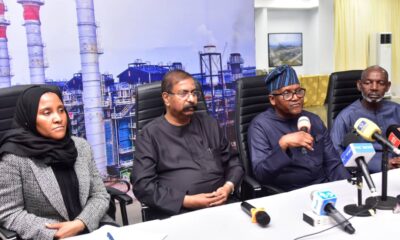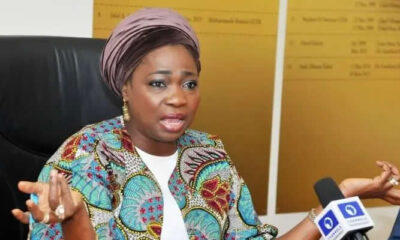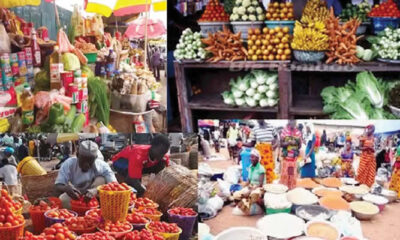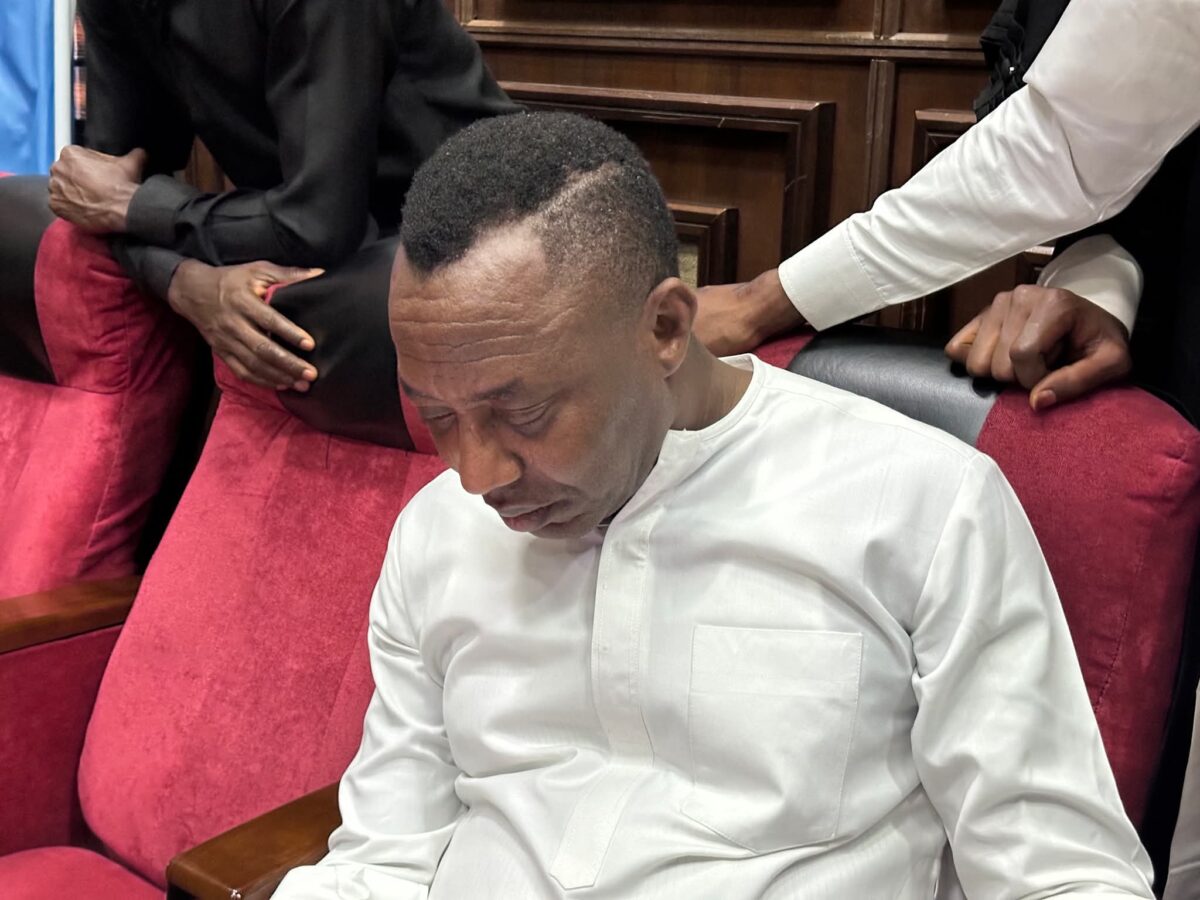The landing cost of petrol has decreased from N981/litre on September 25, 2024, to N945.63/litre as of September 27, 2024.
According to data released by the Major Energies Marketers Association of Nigeria on Monday, this reduction is attributed to the appreciation of the naira against the United States dollar.
In the MEMAN report, the exchange rate was N1,586.26 to a dollar on September 27, compared to N1,667.22 on September 25.
Additionally, Brent crude, the global benchmark, fell from $73.67/barrel in the previous MEMAN report to $72.45/barrel in the latest update. This likely contributed to the decrease in the landing cost of imported petrol.
The average ex-depot price of PMS also saw a slight drop in Lagos, Calabar, and Port Harcourt.
The report indicated that the landing cost of diesel, previously N1,089/litre, had decreased to N1,068.04/litre. Similarly, aviation fuel saw a reduction from N1,117.34/litre to N1,079.79/litre.
It was noted that the difference between imported petrol and that sourced from Dangote might be less than N46 when calculated using the N898/litre figure cited by the Nigerian National Petroleum Company for Dangote’s petrol.
It should be remembered that the NNPC increased the pump prices of petrol on the same day the Dangote refinery introduced its locally-produced petrol. The NNPC also stated that it would sell Dangote petrol at over N1,000/litre in northern regions.
The NNPC spokesperson, Olufemi Soneye, mentioned that prices could reach as high as N1,019/litre in places like Borno State, and N999.22 in Abuja, Sokoto, Kano, and similar locations.
In southern states such as Oyo and Rivers, prices are expected to be N960/litre, with Lagos and its surroundings seeing the lowest price at N950/litre, according to an NNPC infographic.
However, despite petrol prices reaching up to N1,200 or more in some parts of the country, some major marketers in Lagos continued to sell a litre for N870.
During a media discussion with senior journalists, Dapo Segun, the Executive Vice President, Downstream at NNPC, explained that even though an agreement had been reached with Dangote refinery management, pricing remains “market-driven.”
Segun also shared insights into the negotiations with Dangote:
“Dangote said to us, ‘This is how much I want for it (PMS)’. And we say, ‘Hey, Dangote, if we go out there, we can get it for this much, so we won’t pay you this much for it‘. And we went into the negotiation. And that negotiation took us over a week to complete. They (Dangote officials) will come with their position, we’ll come with a counter; they’ll come with a revised position, and we’ll counter it.
“At the end of the day, we were able to reach an agreement on what to be the price to pay for it,” Segun said, highlighting Soneye’s statement that the NNPC would only lift Dangote’s PMS if it was cheaper than imported petrol.
Meanwhile, the sale of petrol from the Dangote refinery to NNPC continues, with Nigerians hoping that the price will decrease when the naira crude sale begins today (October 1, 2024).

 BIG STORY1 day ago
BIG STORY1 day ago
 BIG STORY5 days ago
BIG STORY5 days ago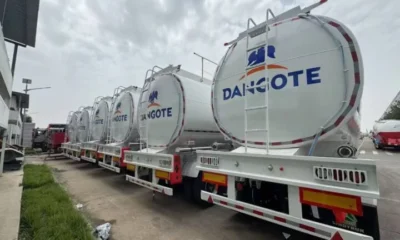
 BIG STORY4 days ago
BIG STORY4 days ago
 BIG STORY4 days ago
BIG STORY4 days ago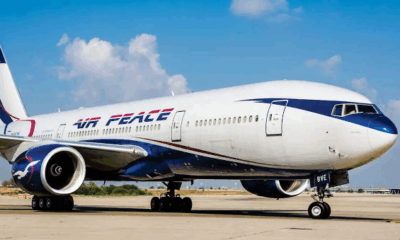
 BIG STORY4 days ago
BIG STORY4 days ago
 BIG STORY4 days ago
BIG STORY4 days ago
 BIG STORY1 day ago
BIG STORY1 day ago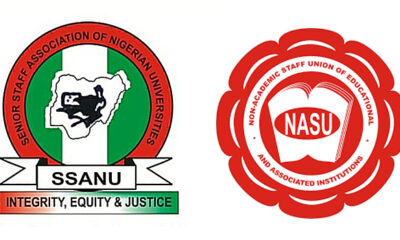
 BIG STORY5 hours ago
BIG STORY5 hours ago









